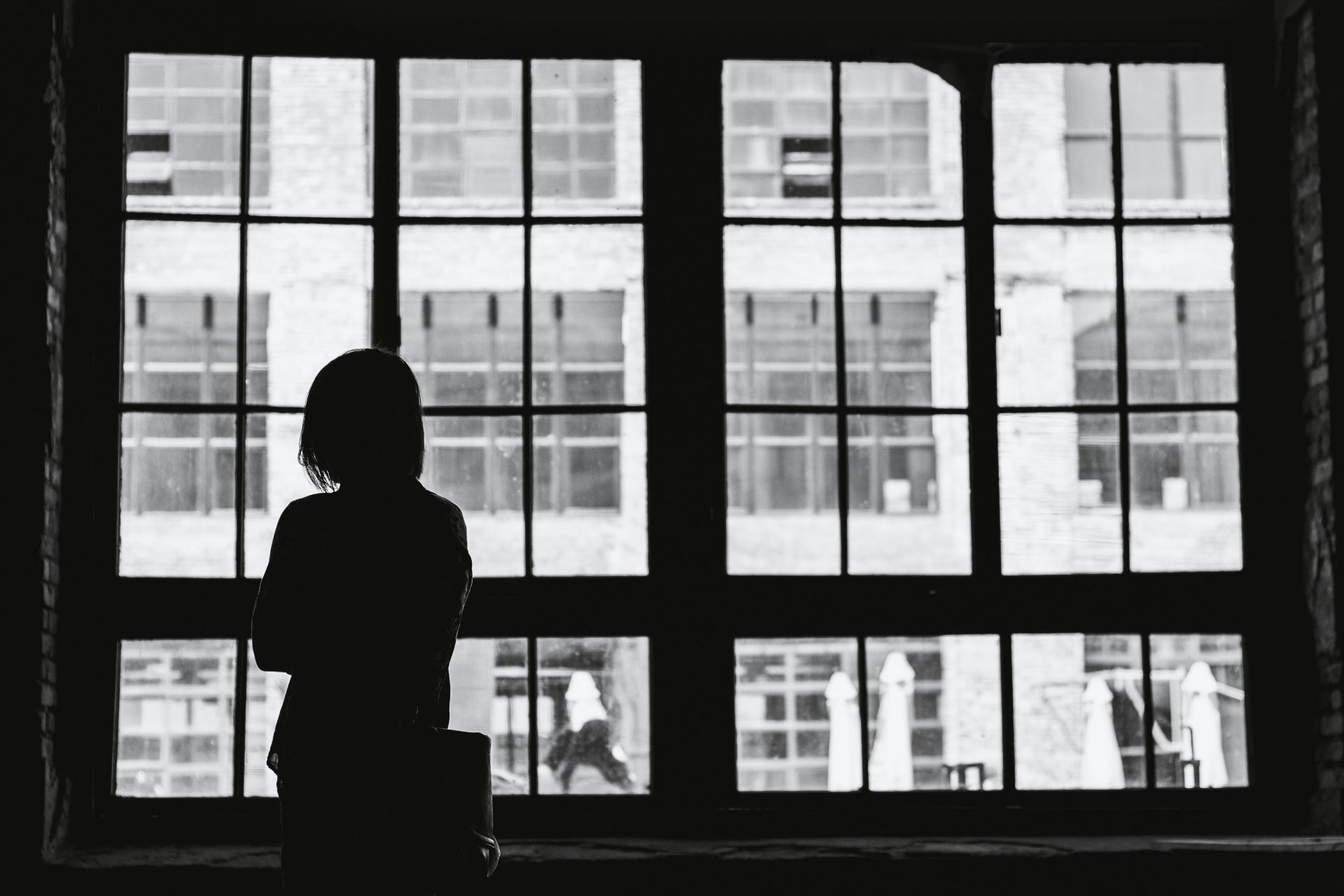Media Releases
Tech can help with lockdown blues

James Cook University researchers have found technology such as video conferencing is effective in helping people cope psychologically with COVID-19 restrictions, but face-to-face meetings also have an important part to play.
JCU psychology Professor James Dimmock said lifestyle changes due to the COVID-19 pandemic have led to alarming rises in anxiety, depression, post-traumatic stress disorder, psychological distress and stress.
“Among the most challenging lifestyle changes has been that of physical distancing from friends, family, colleagues, and other social networks.
“We wanted to find out the extent to which an increasing reliance on video conferencing and other technology-based interactions, compared to traditional face-to-face interactions, fulfil social needs,” said Professor Dimmock.
He said it was widely accepted that how well people met three basic psychological needs - autonomy (self-initiation and feeling ownership over decisions and behaviours), competence (feeling proficient to successfully undertake pursuits), and relatedness (feeling understood by, cared for, and connected to others) - has a significant impact on how well they function.
The team enlisted 127 Queensland university students to complete a set of six surveys, the first in April, 2020 when the strictest lockdown restrictions came into play and the last in July 2020 as the state government eased restrictions.
“The findings indicated that when people had technology-based social interaction more than was usual for them, they experienced more relatedness satisfaction,” said Professor Dimmock.
By contrast, people felt a great sense of autonomy satisfaction when they had more face-to-face social interactions than usual.
“It’s possible that social restrictions due to COVID-19 heightened a sense of volition and freedom when opportunities for face-to-face interaction arose,” said Professor Dimmock.
Professor Dimmock said the data also highlights the potential of technology such as video calls and social media use for improving wellbeing during periods of physical isolation.
“It’s good to see that technology can help people psychologically during the pandemic, and as much as is possible during strict lockdowns, face-to-face interactions can complement this,” said Professor Dimmock.
Professor James Dimmock
E: james.dimmock@jcu.edu.au